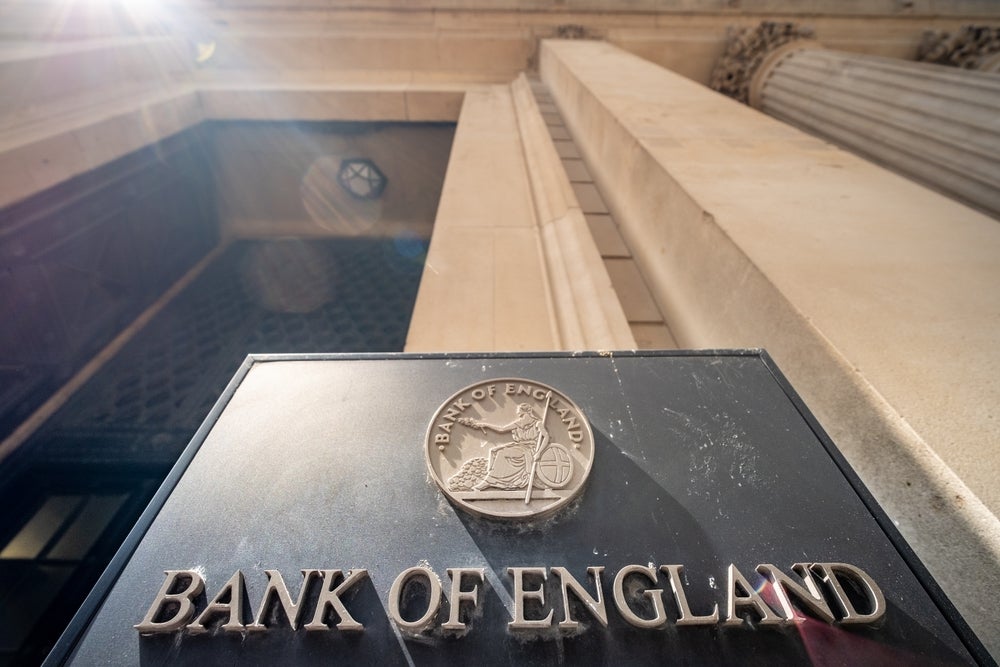
A survey conducted by YouGov on behalf of two of the UK’s largest accountancy bodies – the Association of Accounting Technicians (AAT) and the Association of Chartered Certified Accountants (ACCA) – showed that nearly two thirds (65%) of MPs think the Prompt Payment Code (PPC) should be made compulsory for organisations with over 250 employees.
Currently the PPC is voluntary and therefore only requires those business that are signatories to it, to pay 95% of invoices from businesses with fewer than 50 employees within 30 days, amongst other measures.
There is also an appetite for more powers to be handed to the Small Business Commissioner (SBC) – with over half (54%) of MPs agreeing that the SBC should be able to impose financial penalties for persistent non-compliance with the PPC.
Separate data from the Federation of Small Businesses that revealed the majority of small businesses experienced a late payment in 2022 – leading to 40% of SMEs applying for credit to manage their cash flow. This comes at a time when the government is assessing the responses to its Statutory Review of the SBC’s effectiveness.
AAT and ACCA’s new survey also showed overwhelming support for the idea that HMRC should provide more proactive guidance to SMEs on the tax reliefs available to them, with 82% of MPs agreeing with this suggestion
Commenting on this, AAT chief executive Sarah Beale said: “In this economic climate, small businesses need support more than ever – they simply cannot afford to operate while waiting to be paid which is why robust measures are needed to ensure late payments are dealt with seriously.
How well do you really know your competitors?
Access the most comprehensive Company Profiles on the market, powered by GlobalData. Save hours of research. Gain competitive edge.

Thank you!
Your download email will arrive shortly
Not ready to buy yet? Download a free sample
We are confident about the unique quality of our Company Profiles. However, we want you to make the most beneficial decision for your business, so we offer a free sample that you can download by submitting the below form
By GlobalData“We want to see the Prompt Payment Code made mandatory for large businesses and for the Small Business Commissioner to have the power to fine persistent offenders.
“This is an issue that both AAT and ACCA consider to be important, so it is encouraging to see that there is cross-party support for the cause – but now we need to see that support turn into tangible action taken by the Government to crack down on late payments, make organisations more accountable and, in doing so, help small businesses and the wider economy to thrive.”
ACCA UK director, Abdul Goffar added: “The impact of late payments on small businesses cannot be underestimated. Many of our members working at, or with small businesses have experienced major financial issues in the past as a result of not being paid on time – with the implications causing serious threat to the future of many businesses.
“Managing cashflow has never been more important for firms, and poor payment practices, alongside crippling cost increases, is often a key factor in the cash crisis many smaller firms experience. Our members are constantly telling us first hand stories of how poor payment practices are holding back their businesses and their clients’ businesses.
“One member FD at a food manufacturing business reports having to work to clear thousands of unpaid invoices. Employing staff to chase and resolve late payments and invoice queries has a real impact on the business in terms of staff resource and cashflow.
“ACCA and AAT are determined to work with MPs, the government and business to improve the broken payment culture.”






